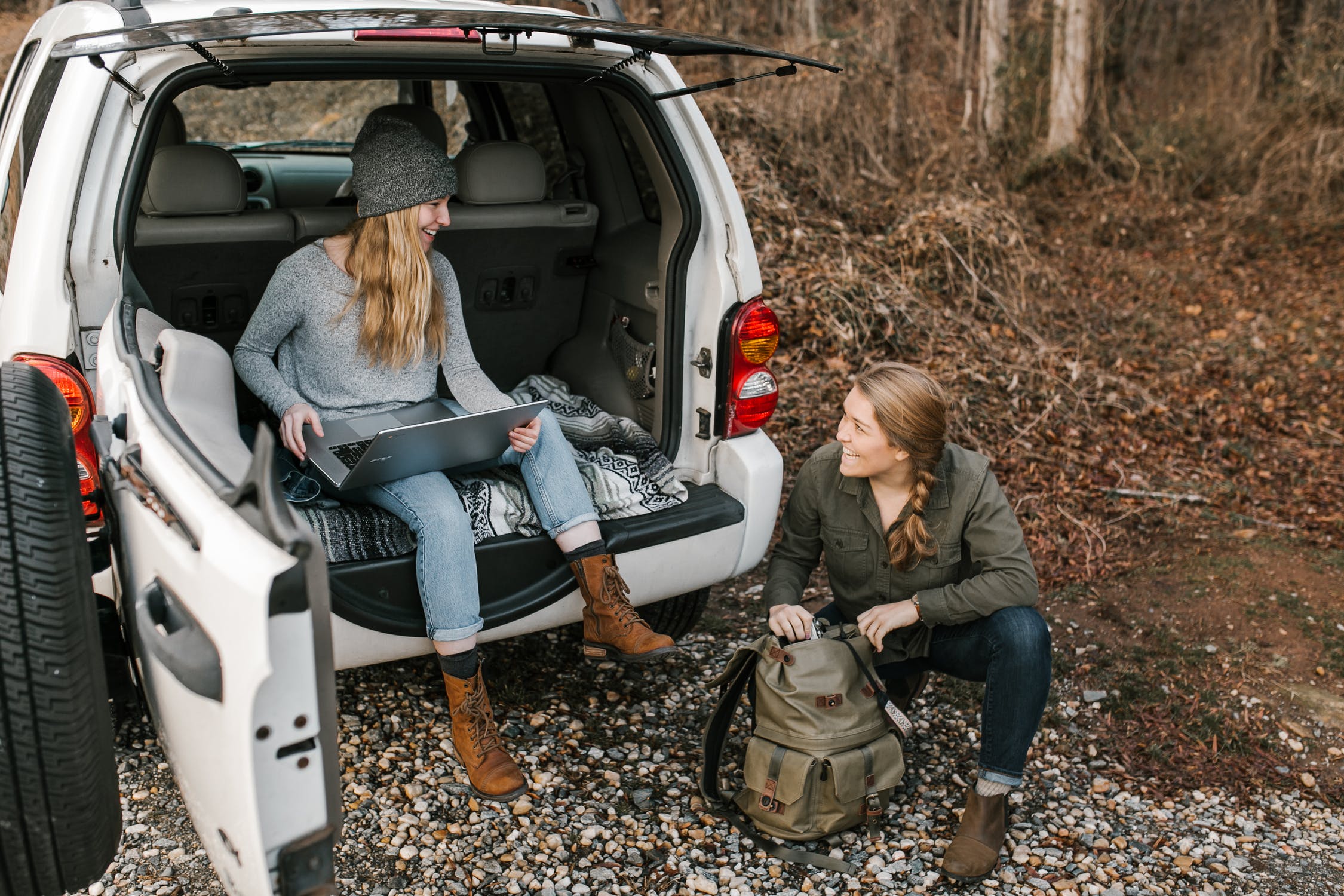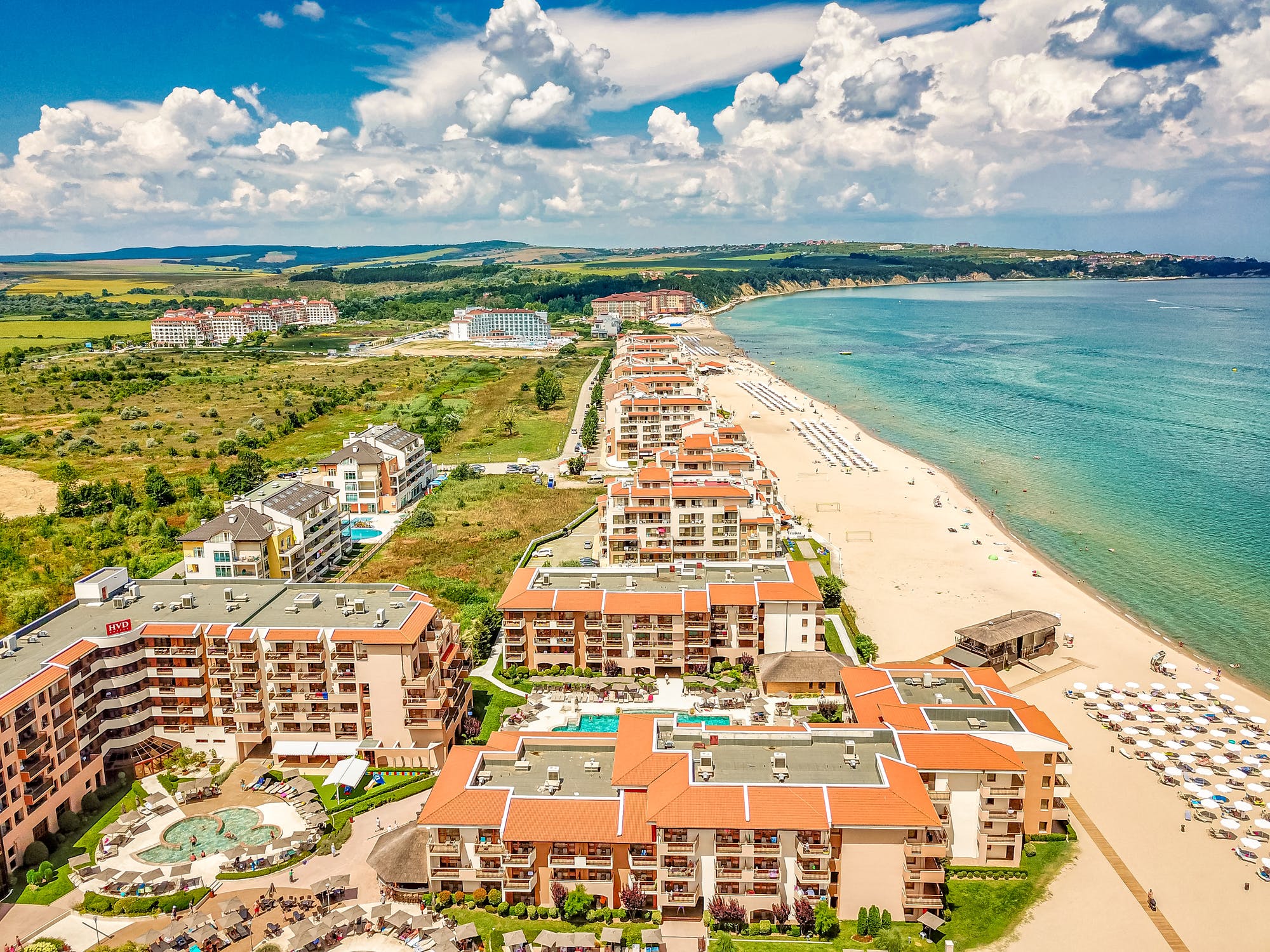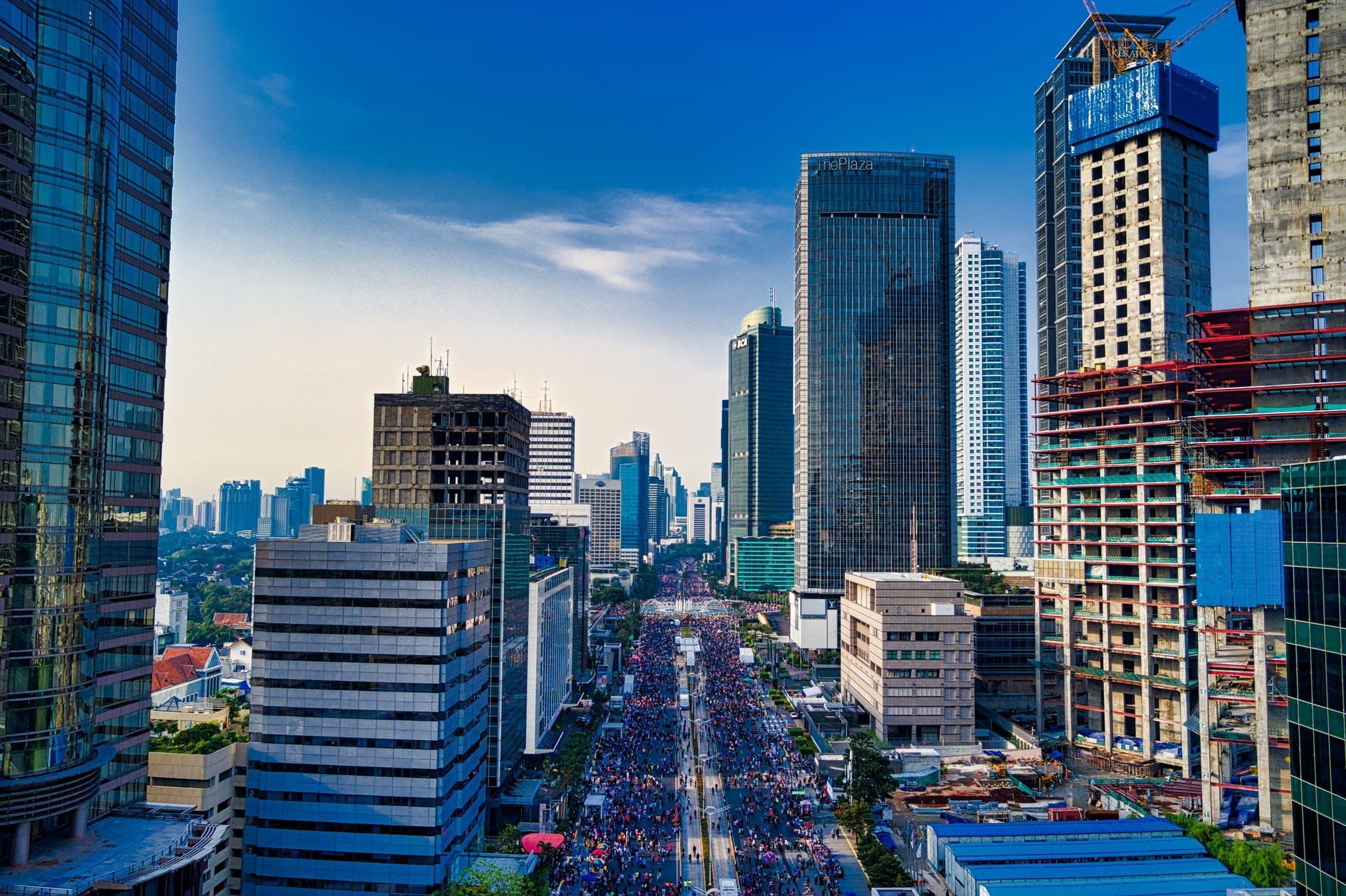Shlomo Freund


Becoming a digital nomad used to be reserved for tech gurus and travel bloggers — until 2020 happened, forcing millions of people to change course.

The digital world we’re living in today is moving towards enjoying video content more and more as the days go by.

We can't live without the many apps that make life easy.

When it comes to digital asset investment, many people start to think about cryptocurrencies.

"What should I invest in?" is a question that bothers many remote workers who have extra money or extra income want to take advantage of.

Covid-19 is making everyone stay at home and work remotely if possible. However, for digital nomads working remotely is a personal choice that they chose to have. Not only this, it's a reality they would like to have. Although it's possible to just jump into the water and start traveling, it's best to prepare for this event, especially financially. Jimmy Leys, the founder of Planeta Explorers, a nomadic community for digital nomad families, says: When becoming a digital nomad, at the beginning people are excited and happy. But when it all doesn’t work out financially the experience changes into a stressful and unpleasant situation. Jimmy continues: Sometimes you notice that people are struggling when they’re not too keen to join for a beer anymore for example. Some will tell you the reason, others are not too open about it. In general, it works out so much better for people that prepared for their digital nomad adventure. So, what kind of preparations should you make when becoming a digital nomad? 1. Your Income Sources You need to figure out how will you survive. What's your source of income? It's seldom the case somebody is going for a long term traveling only their savings. You need to either have a job with a company that lets you work remotely or generate income as a freelancer or your own company. 2. Lifestyle Level and Expenses Now, even if you do have an income, many digital nomads failing to adjust their income level with the lifestyle they chose for themselves. They would go to eat at an expensive restaurant 2-3 times a week, rent an expensive apartment in the city center, and generally spend more than they can afford. They end up going back home because they couldn't make it work for them. If they would just budget and match their expectations to reality, this lifestyle could have worked for them. 3. Length of The trip What are your limits in terms of time? Think of family commitments limitations, work, or budget limitations. Plan ahead your time as much as you can. 4. Taxes When you work remotely, it's not always a clear cut where you need to pay your taxes. You need to find that out, especially if you are about to be a digital nomad for a long time. So, speak with a tax advisor and find out. 5. Visas Every country has its own visa policy. Now, while there are more and more countries that issue a digital nomad visa, there aren't too many of these yet. So do your research on how long you can stay in each country and plan when you need to leave a place and move to the next one. 6. Passport Don’t get to the airport and discover that your passport just expired. Actually many countries require travelers to have a passport that is valid for at least 6 more months. 7. Health For visiting Some countries you’d have to carry specific medicine to others you’d have to get vaccines. You might need to take these vaccines a few weeks or even a couple of months before you leave. So, search well and take care of your health. 8. Flights & Accommodation Flights and accommodations are a major expense when traveling. It's best to research the available flights to a place and how much renting a place would cost in advance. Many would book an Airbnb for a few days when landing in a new place and then look for longer-term accommodation for themselves. In places where there is already a large digital nomad community, like Chiang Mai in Thailand, there is a market for apartments of short-term contracts per month or weeks. As you see, many of these points are related to finances and money. So, planning towards your digital nomad adventure can be crucial for this lifestyle to succeed for you. Jimmy Leys summarises it well: Preparation is already half the job and decreasing the stress level. Download my quick-guide: "How to be a digital nomad and feel financially stable?" It will show you how to prepare for your digital nomad journey and feeling financially stable.

Digital Nomads Don't Pay Taxes. Is it True?

The US debt will exceed annual GDP next year. "A $1,000 emergency would push many Americans into debt" It's sad but true.

Digital Nomad communities are sprouting around the world.

The world is changing in front of our eyes so fast.
By visiting our website you agree that we are using cookies to ensure you to get the best experience.
We use cookies to ensure you to get the best experience on our website. If you decline the use of cookies, this website may not function as expected.
Tools used to analyze the data to measure the effectiveness of a website and to understand how it works.